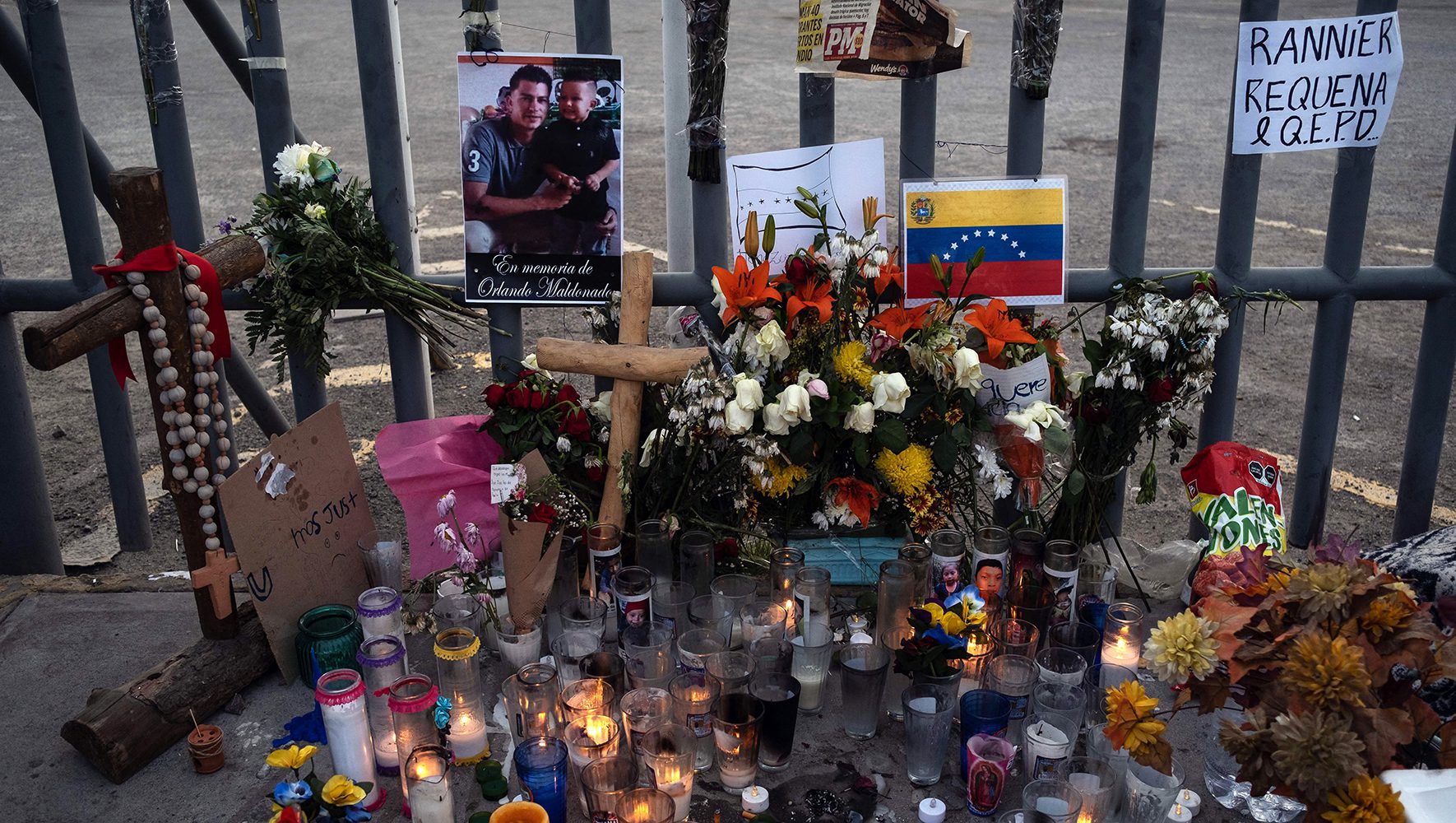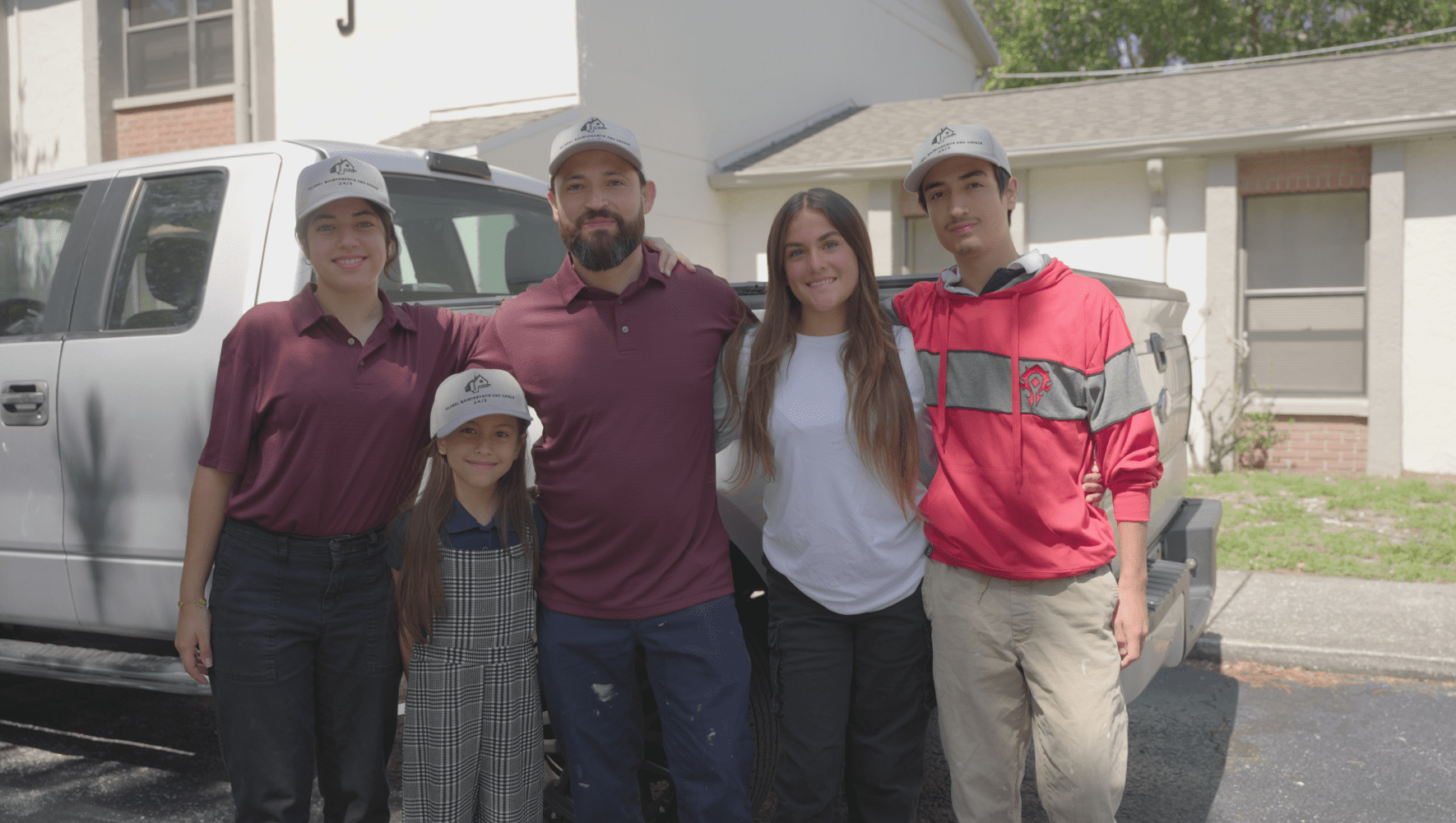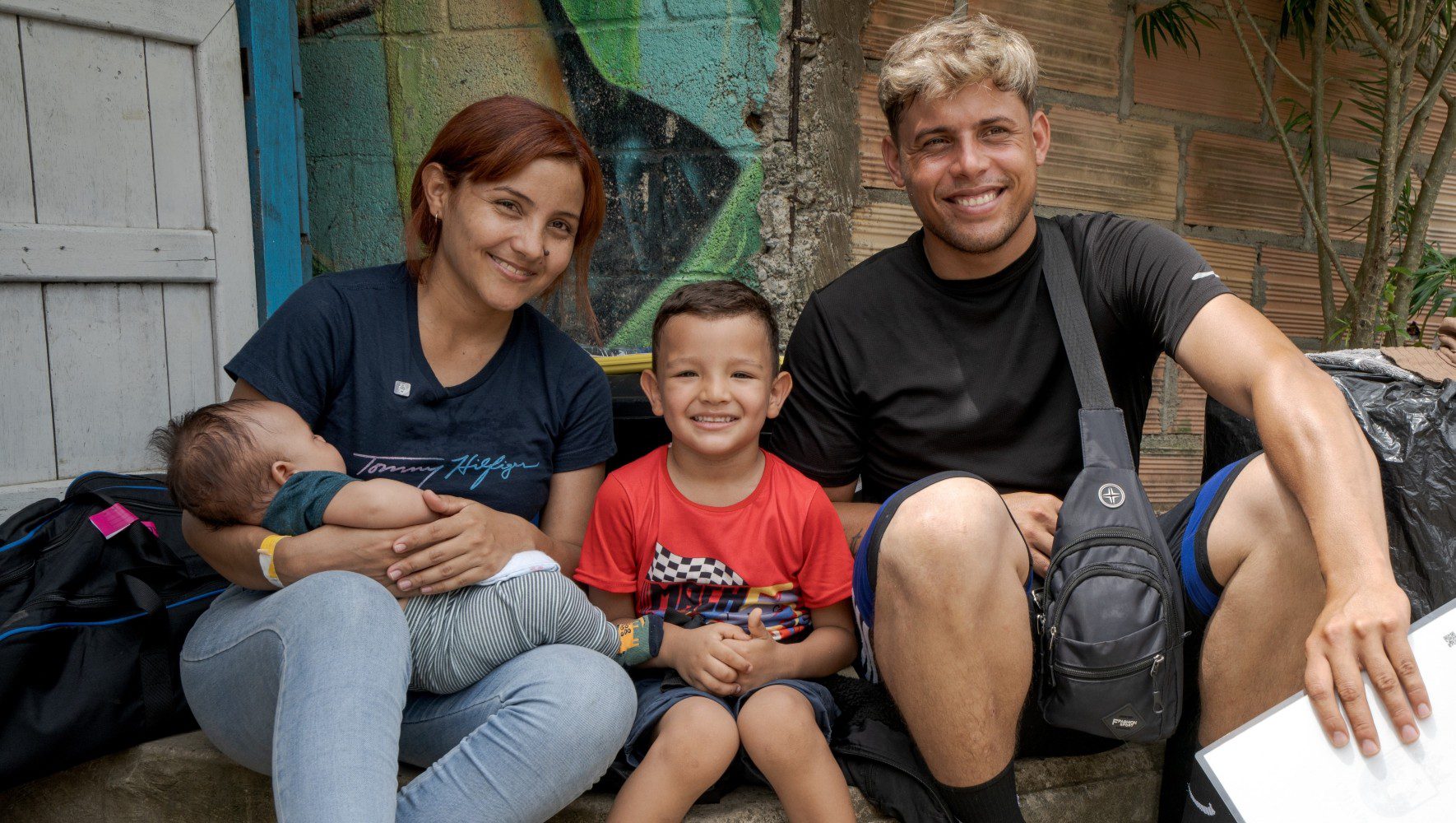
Officials began the grim work of burying the dead, tending to the wounded, and comforting survivors in the aftermath of a deadly fire that tore through a migrant detention center in Mexico on Monday night. Since then, however, there has been increasing attention to conditions at the facility a HIAS expert described as “inhumane.”
“These migrants were in detention under very precarious conditions because they were either recently expelled under Title 42, or because they were picked up by immigration officers for being street vendors,” said Blanca Lomeli, country director of HIAS Mexico, describing a U.S. policy that limits access to asylum.
Lomeli noted that a HIAS client who was injured in the fire had a valid asylum process in Mexico and a certificate of initiation of the procedure, which endorses their protection in Mexico and the right not to be returned to their country. After his arrest he should have been released immediately, Lomeli said.
HIAS has been providing the young Venezuelan, his wife, and three children with free legal representation since January. HIAS will file a complaint with the National Human Rights Commission to investigate any violation of rights committed.
The presence of more asylum seekers on Ciudad Juarez’ streets has sparked an increase in xenophobia and discrimination in the city, according to Lomeli. Officials have responded by detaining migrants in makeshift facilities such as the one that caught fire Monday night. Surveillance footage revealed that uniformed immigration agents ignored the pleas of migrants trapped behind bars and made no attempts to free them as the fire raged, prompting an investigation by the Mexican government.
HIAS staff in Ciudad Juarez are continuing to monitor the situation, Lomeli said, adding that a mental health and psychosocial support manager has conducted seminars in order to help staff cope.
An article published on Tuesday provides additional context:
Use of detention centers at the border has been increasing in recent months and people have been heading to the U.S. border in expectation of an end to Title 42, a pandemic-era policy which gives the U.S. government the power to quickly expel migrants who cross the border.
At the same time, the Biden administration has proposed a series of policies which together, advocates claim, would result in a virtual asylum ban. The ban, which could take effect May 11, would make people ineligible for asylum unless they present themselves at a port of entry at a time and place they pre-scheduled via the Department of Homeland Security’s mobile application, CBP One, or they can prove that they have sought and been denied asylum in a country through which they traveled on their way to the U.S. HIAS believes this change would result in people being denied their legal right to seek asylum, regardless of the manner of their entry, sending many back to extremely dangerous situations.
HIAS spoke out against this proposed rule, asked the administration to withdraw it immediately, and collected more than 5,000 comments from supporters asking the administration not to implement the new policies. HIAS is also reaching out to congressional offices to encourage them to pressure the administration to repeal the rule, and is organizing a national Jewish clergy letter and an open letter from clergy who visited the border recently.
HIAS continues to call for safe and legal pathways for refugees and migrants, as well as improved protections for their rights from a regional perspective.



